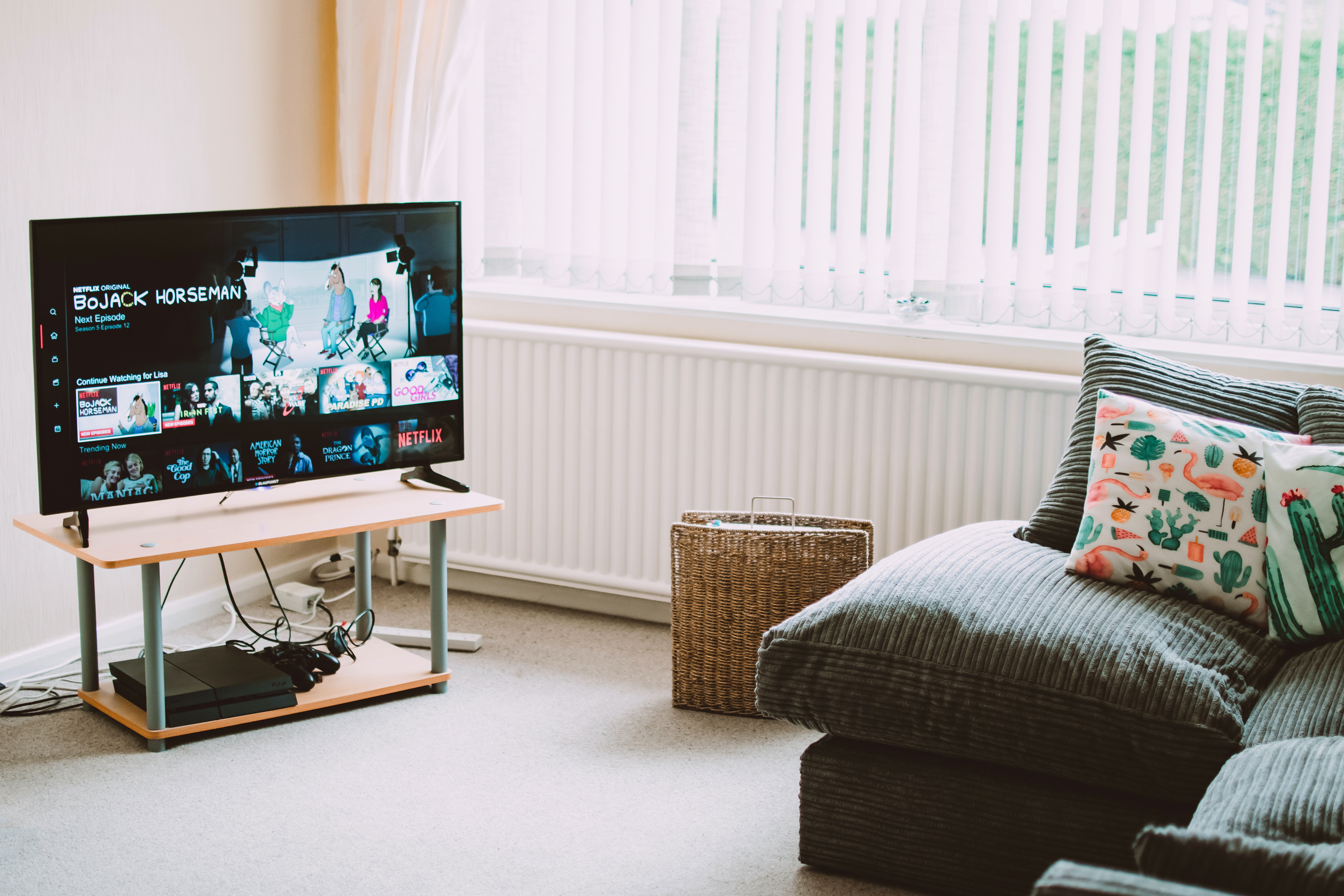How Is Internet Speed Measured?
Internet speed is usually advertised in terms of how many Megabits per second (Mbps). It'll tell you how much data you can download in a second. Think of this like miles-per-hour; the higher the number, the faster the internet.
Another way you might hear internet speed advertised is by being described as "Broadband." For internet to be classified as "broadband" it must have a minimum download speed of 25 Mbps and a minimum upload speed of 3 Mbps.
Finally, you might hear companies only refer to their service by the type of technology they use, like "cable", "DSL", or "Fiber." Each of these categories might claim to be the fastest, which is why you should look at the actual download and upload speed.
What Internet Speeds Will I Need?
Internet speed needs will vary depending on what you plan to do. The more intensive the internet use, the faster speeds you will need. Here are some basic rules:
- Checking Email - 1 Mbps
- Browsing the web - 3 Mbps
- Social Media - 3 Mbps
- Streaming in SD - 10 Mbps
- Online Gaming - 25 Mbps
- Streaming Music - 1 Mbps
- Video Calls - 5 Mbps
- Streaming in HD - 15 Mbps
- Streaming in 4k - 25 Mbps
But before you rush and get a small plan, you should know that these speeds are for one device. How many houses have just one device connected to the internet? You might be checking email, but your partner is streaming Netflix, and your kid is trying to play games with friends. Having a download speed of 25 Mbps will cause a lot of frustration.
The best way to figure out your speeds is to count up how many devices will be online at one time and to look at what you might be doing at high use moments. For example, if you use Gaming and Browsing at the same time, you will want at least 30 Mbps.
What Is More Important: Upload or Download Speed?
Both upload and download speeds matter, because you will need both send and receive information. However, depending on what you use the internet for, you might care about the download/upload ratio more or less.
For example, if you only use the internet to stream Netflix, then you will want higher download speeds and you won't care as much about your upload speed. If you're an internet gamer, then you will need a higher upload speed.
Plans usually have 10 Mbps download for every 1 Mbps upload.
How Long Will It Take To Download A Movie?
Remember when we were explaining that Megabits per second was the way speed was measured? You can use that to estimate how long any file will take to download with your speed connection.
First, you need to know that it takes 8 Megabits to equal 1 Megabyte. So if you were to want to download a 1 Megabyte size file and you had an internet speed of 1 Mbps, it would take 8 seconds to download.
Of course, 1 Megabyte is pretty small by today's standard. Consider one of the larger files you might need to download; a movie. Movies range in size depending on length and video quality, but the average 4k movie is around 100 gigabytes. A gigabyte is 1,000 megabytes. Which means that a 4k movie would be 800,000 megabits. So, let's see how long it would take to download with some commonly advertised speeds.
- 1 Mbps - 9 Days
- 10 Mbps - 22 Hours
- 25 Mbps - 8 Hours
- 50 Mbps - 4 Hours
- 100 Mbps - 2 Hours
- 200 Mbps - 1 Hours
- 400 Mbps - 33 Minutes
- 1,000 Mbps - 13 Minutes
What Else Impacts Internet Speed?
We've talked about how download and upload rates will impact how fast or slow your internet experience is, but there are other things that might impact your experience.
- Your Modem - In order to get your maximum speed, you will need a modem capable of connecting at that speed. Make sure that you find a modem that is compatible with your ISP and can support the speed you purchase.
- Your Router - You'll probably want WiFi in your home. If you have a bad router, you could lose some speed, especially as you get further away from the router.
- Your Device - Speed can be impacted by the device you are using, both hardware and software. For example, different web browsers load sites at different rates. Vivaldi, while not as popular as Chrome or Mozilla, consistently comes in as the fastest browser to use.

